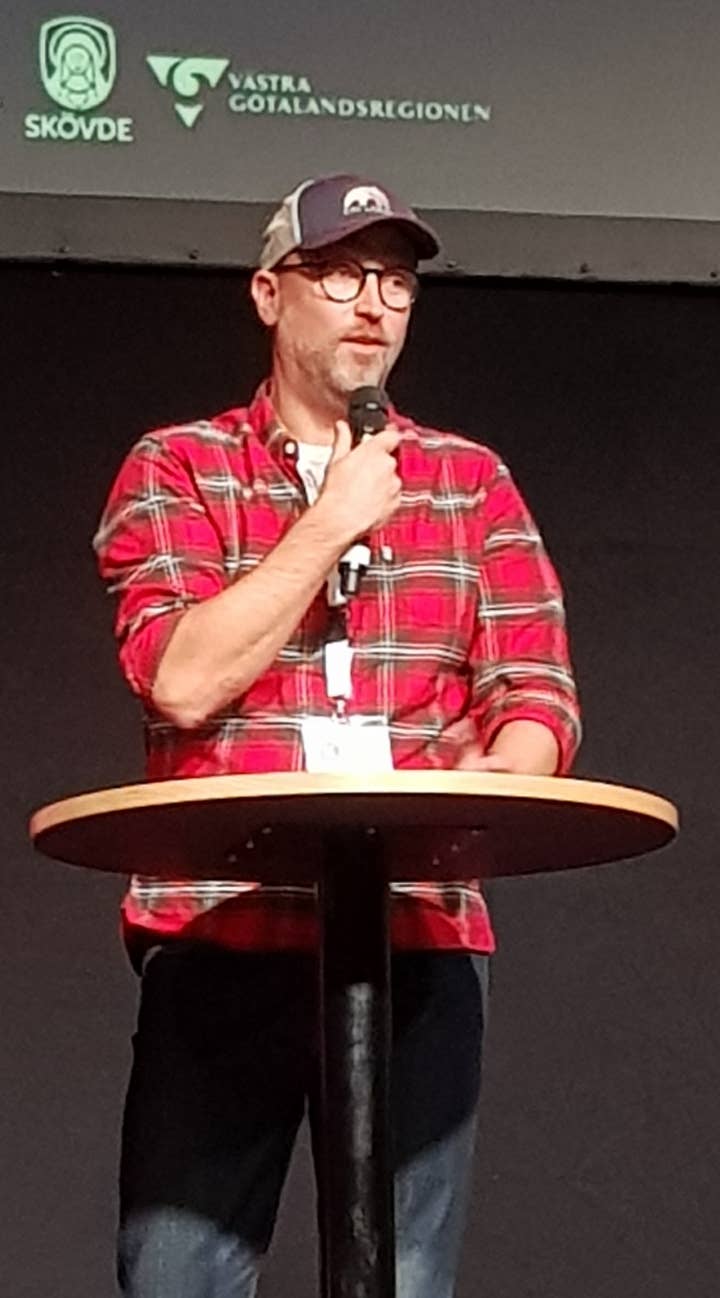Ubisoft Massive COO: "We don't want to take a stance in current politics"
Speaking during Sweden Game Conference 2018, Alf Condelius discusses the separation of games and politics with The Division
Being overtly political is "bad for business", according to Ubisoft Massive COO Alf Condelius who said The Division developer avoids taking a stance with its games.
Speaking today at the opening panel discussion of Sweden Game Conference in Skövde, Condelius said Ubisoft Massive tries to remove itself from the political interpretations people may have of its games.
"It's a balance because we cannot be openly political in our games," he said. "So for example in The Division, it's a dystopian future and there's a lot of interpretations that it's something that we see the current society moving towards, but it's not - it's a fantasy.
"It's a universe and a world that we created for people to explore how to be a good person in a slowly decaying world. But people like to put politics into that, and we back away from those interpretations as much as we can because we don't want to take a stance in current politics.

"It's also bad for business, unfortunately, if you want the honest truth.... but it is interesting and it is a discussion that we have, and it's an ongoing discussion we have with our users, of course, because people want to put an interpretation into the universe that we create and they want to see their own reality in the fantasies that we give them, and the stories that the games are."
By avoiding any overtly political statements, Condelius argued, the studio is able to leave it open to interpretation, which is important for games like The Division in which people will spend "hours and hours and hours".
Ubisoft Massive is also working on The Avatar Project, set in same universe as the 2009 James Cameron movie, which Condelius used as a point of comparison when asked if the separation of politics from games is even possible.
"James Cameron's vision with the movie is that we need to do something as humans because we're going to destroy the world if we continue the way we are [going]," he said. "That is political, but we're not going out and saying you should vote for that person, or you should not do this; but it's a political statement of course, and we think that it's important, but we're not writing it on somebody's nose."
When pressed on whether games can be art if they are essentially afraid to make political statements, Condelius responded that "art doesn't have to be that straightforward" and doesn't "have to be a political campaign message".
"It has to be subtle for a lot of people to be attracted to it, it has to be undefined for many people to put their own definition to it," he argued. "It has to be vague in some aspects while it's in a very well defined world, for people to be able to interact with it for a very long time.
"[If] we want people to play the game for hours and hours, then we cannot be very defined in what everything means. That would be boring. That would be like watching one of the educational movies from high school."
GamesIndustry.biz has attended Sweden Game Conference with help from the organisers.








